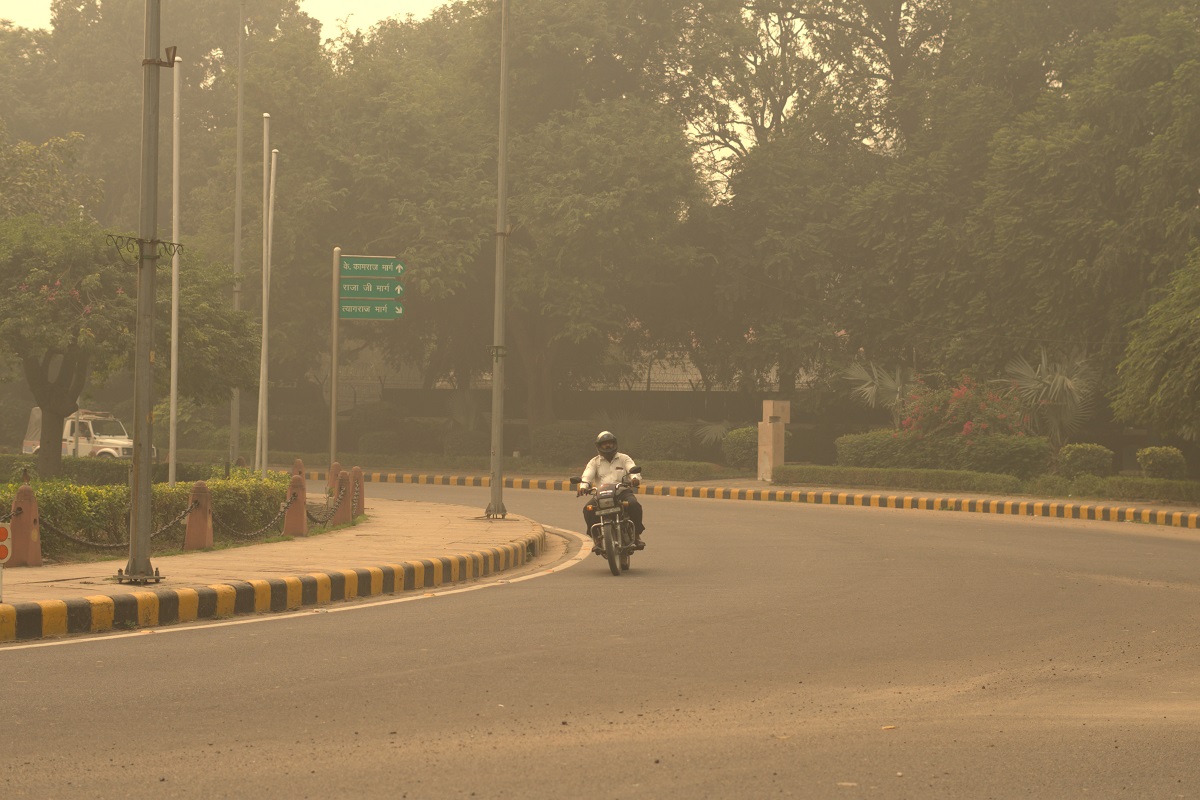
Delhi’s air quality remained ‘very poor’ on Sunday, with an AQI of 385 at 9 am.
The 24-hour average AQI in thepreceding days ranged from 301 to 415. The city has experienced 10 severe air quality days this November, a notable increase compared to last year’s three and the peak of 12 in 2021.
The categorization of AQI ranges from ‘good’ (0-50) to ‘severe-plus’ (above 450). Delhi’s recent air quality challenges coincide with the removal of certain restrictions, including the ban on construction and entry of polluting trucks. Favorable wind conditions contributed to a temporary decline in pollution levels.
A joint project by the Delhi government and the Indian Institute of Technology-Kanpur identified biomass burning as a major contributor, constituting 31 to 51 percent of recent air pollution. Vehicular emissions accounted for 31 to 40 percent.
Delhi Environment Minister Gopal Rai has emphasized the strict implementation of measures to curb polluting vehicles and address the increasing incidents of biomass burning. The current air quality situation reflects a concerning trend, underscoring the need for sustained efforts to combat air pollution in the region.
(With PTI inputs)
Court says custodial interrogation is necessary and warns contractors may influence witnesses or tamper with…
Hiral Singhal’s solo exhibition featuring 15 intuitive abstract paintings is on view at Osho Dham…
Delhi will see 50,000 locally grown tulips bloom this spring, aiming to cut import dependence…
Panel led by IT secretary will study state policies and consult experts to draft a…
Police said the cyber teams have been alerted and efforts are underway to trace the…
NHRC takes suo motu cognisance amid court notices, trafficking concerns and emerging crime patterns in…